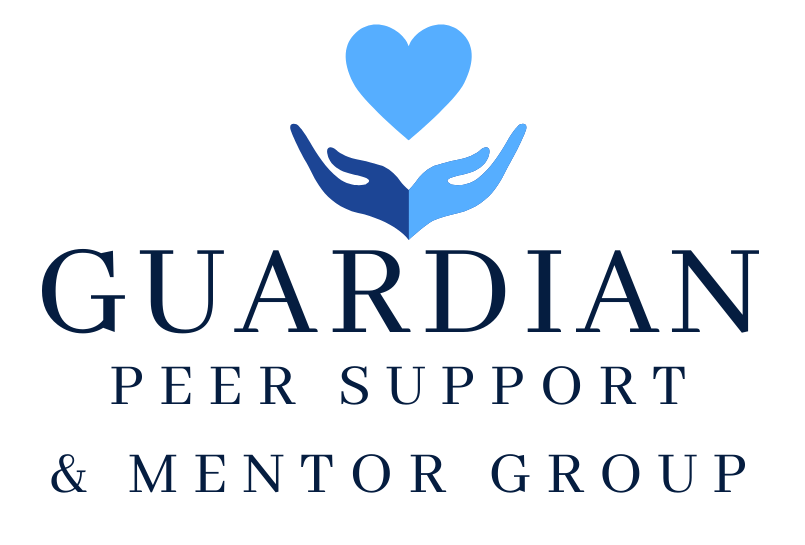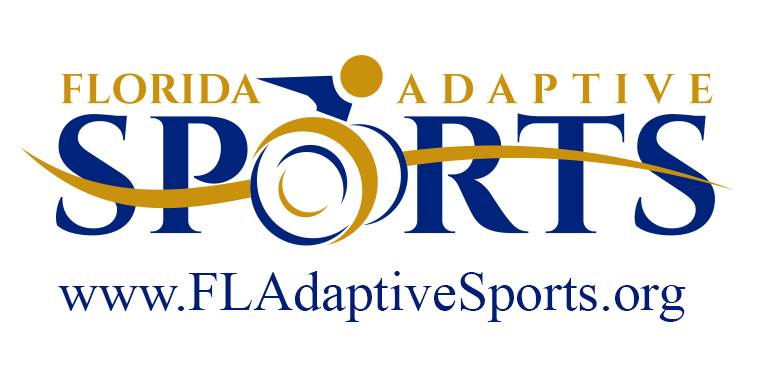FAQ
We understand that establishing a special needs trust can seem complicated. Here is a list of the most frequently asked questions. Should you have a question that is not covered here, please contact us.
What is AGED?
What is an AGED Special Needs Pooled Trust?
Who needs a Pooled Special Needs Trust?
Why should you use an AGED trust?
What can be paid out of the Special Needs Pooled Trust?
What are Medicaid benefits and how do they help?
How can I setup an AGED Special Needs Trust?
AGED, Inc. is a Non-profit trust company that assists seniors and / or disabled individuals qualify for benefits, reduce medication costs, and preserve income and / or assets.
By taking your income and / or assets, and placing them into a Special Needs Pooled Trust, they are no longer counted as qualifiers for Medicaid and other govt. benefits. Essentially it is a legal way to shield your income and / or assets, allowing you to qualify for the benefits you need, and helping you to see a reduction in healthcare and living expenses.
What is an AGED Pooled Special Needs Trust?
An AGED Pooled Special Needs Trust is a Qualified Medicaid Pooled Trust for disabled individuals. The Pooled Special Needs Trust is similar to a savings account. Place any income and / or assets that are over the Medicaid limit into your trust account, which then allows you to qualify for government benefits. Medicaid cannot legally count the money in your trust as income or assets.
Who needs a Pooled Special Needs Trust?
Elderly and / or disabled individuals need a Special Needs Trust if they:
- Are over the income and / or asset limit and need to qualify for govt. benefits.
- Don’t want to “spend down” income and / or assets in order to qualify for benefits.
- Need more available income to stay at home, or to delay and prevent the need for Nursing Home placement.
- Are facing the end of Medicaid Nursing Home coverage, and are unable to private pay for their nursing home costs.
- Need to enroll in the Medically Needy program.
- Are enrolled in the Medically Needy program, and want their income to be used for personal care outside of medical needs.
Why should you use an AGED trust?
An AGED Pooled Special Needs Trust assists elderly and disabled individuals to become eligible for govt. benefits needed to reduce the expenses associated with today’s rising healthcare costs.
Potential benefits include:
- Medicare Part B Reimbursement
- Reduction in prescription medication costs
- Durable Medical Equipment (DME) and Medical Supplies
- Home Health Aid service coverage
- Medical co-pays paid or greatly reduced
What can be paid out of the Pooled Special Needs Trust?
Funds in the trust can be used to pay invoices for services and goods used for the Beneficiary’s support and needs, but cannot be used to pay the beneficiary directly.
Below is a list of the most common items the trust can pay for. If you have a question about whether or not something can be paid out of a Special Needs Trust, please contact us. We are happy to answer your questions.
- Private Health Insurance
- Long Term Care Insurance
- Rehabilitation Care
- Out of Pocket medical and dental expenses not covered by govt. benefits
- Transportation to / from appointments and events, including purchasing a vehicle
- Essential dietary needs (vitamins, supplements, etc.)
- Legal, Guardianship, and Care Management services
- Food & Shelter (rent, mortgage, utilities, etc.)*
- Maintenance of items used to support the Beneficiary (house, vehicle, etc.)
- Travel / Trips to see family
- Purchase of goods and services that add pleasure to life (furniture, television, entertainment, etc.)
*Depending on the type of assistance received
What are Medicaid benefits and how do they help?
Medicaid is a government benefits program which provides medical coverage to low income individuals and families. Both state and federal government share the costs of the Medicaid program.
The definition of Medicaid, as defined by the Florida Medicaid site, may be viewed in its entirety at: http://www.dcf.state.fl.us/programs/access/medicaid.shtml
How can I setup an AGED Special Needs Trust?
Setting up an AGED trust is easy. Simply download and complete the appropriate trust forms, and then submit the forms along with supporting documentation to AGED via email. Once we review your forms, you will receive confirmation of account activation. Then, you fund the trust. The monies placed in the trust are available to pay for approved and qualified expenses*. The only thing we cannot do is make payments directly to the beneficiary. *Criteria for qualified expenditures depend on the guidelines of the particular government program(s) you are on.
Additionally, you may contact us to setup a meeting. We are more than happy to meet with you, and help you through the process.



